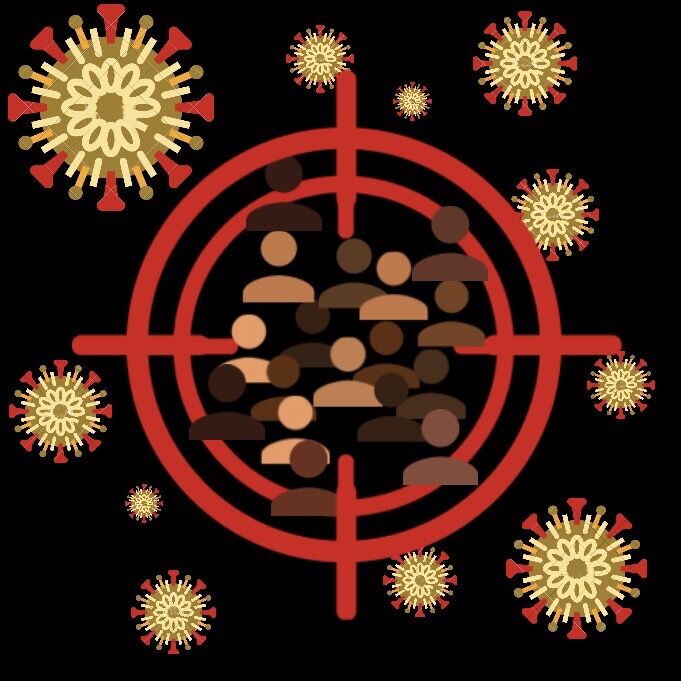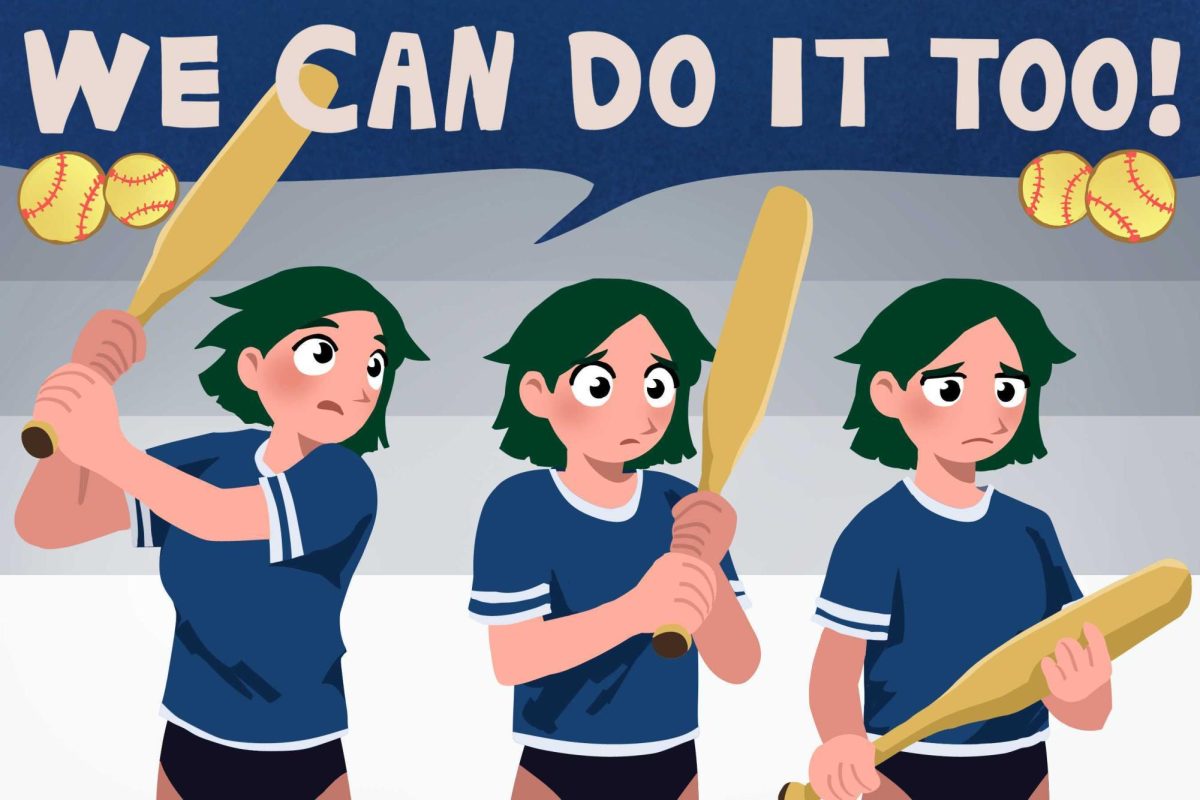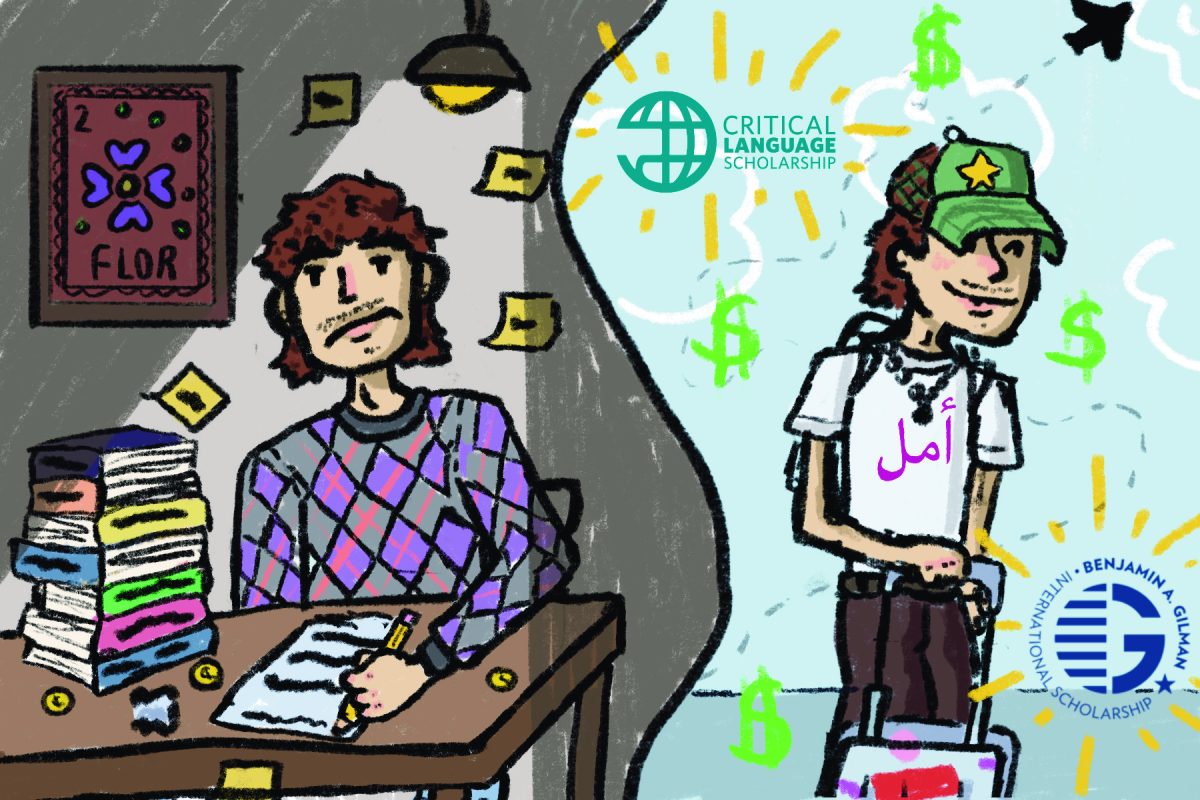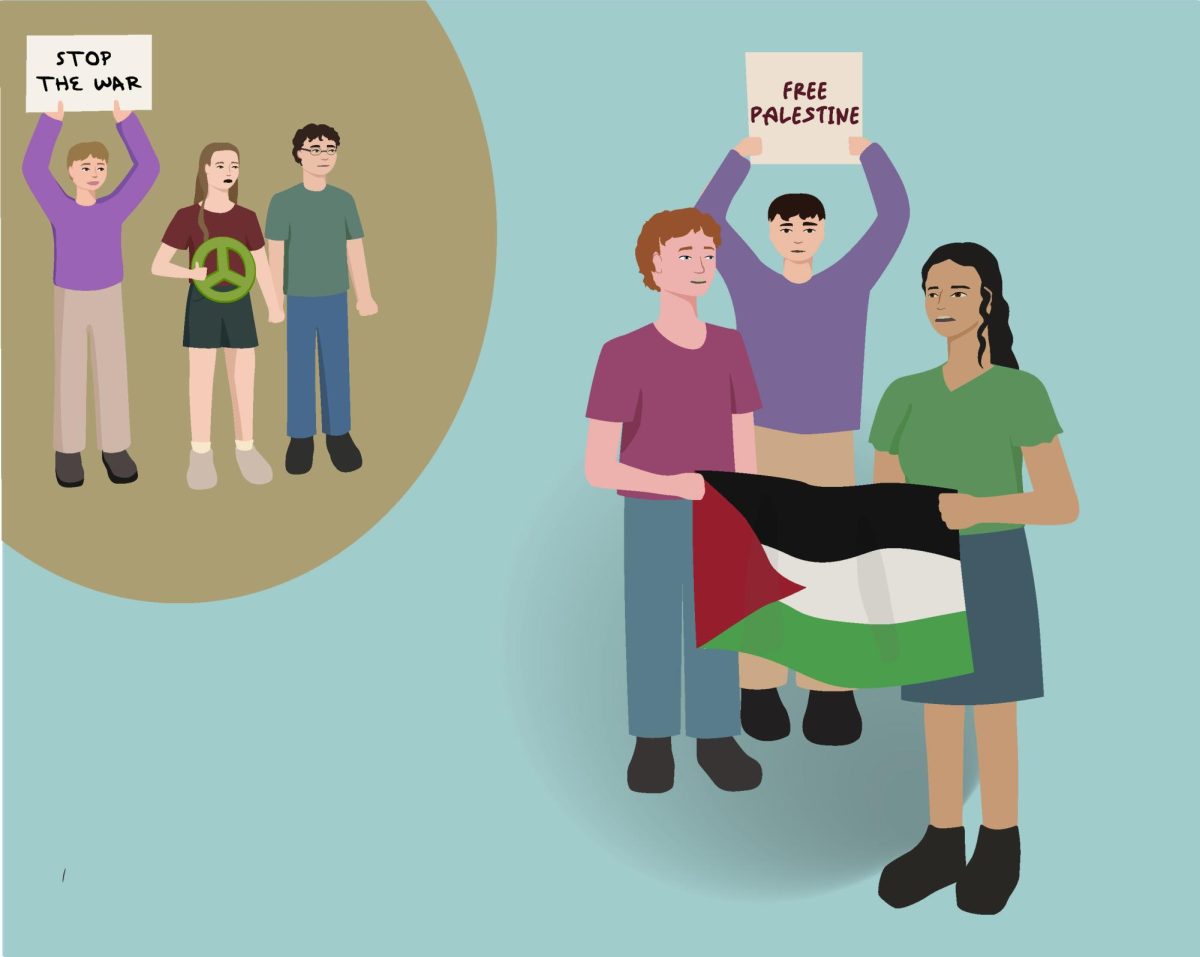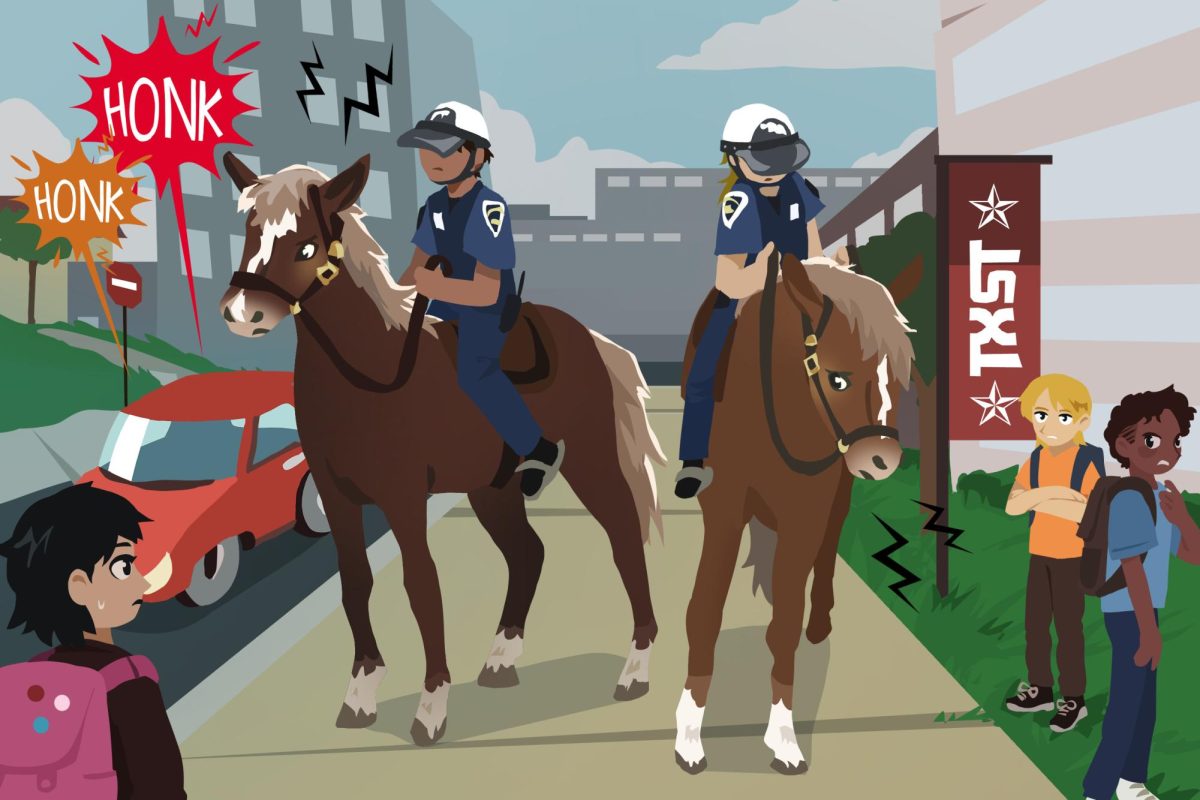Beyond the U.S.’s ill-preparedness for a pandemic and its already botched response to the virus as compared to countries like South Korea (technologically) and Spain (economically), another aspect of COVID-19’s impact on the U.S. population is how it is overwhelmingly affecting low-income communities of color, and thereby, the students of those households.
Environmental racism, though not a new term, has become a phrase thrown around more often as we live in a time of increased natural disasters in which Black and Latino communities are usually the most impacted by these tragedies. Katrina, Harvey, Irene, etc., have all disproportionately impacted communities of color more severely than those of an affluent background.
To understand how environmental concerns become racialized and, additionally, classist, one must look at the history of the U.S.’ policies on segregation.
After segregation was “abolished” from the United States’ legislation during the Civil Rights Era, racism and racist attitudes did not merely disappear throughout the 1980s and 1990s helping us to arrive at some utopic, humanistic society.
Segregation, specifically but in no way exclusively, began to take new form people now know as redlining. Redlining is a real-estate practice that functions by identifying communities that present a greater risk to mortgage lenders. It became a tool for keeping White and People of Color communities separated.
As a result, it disincentivizes investment in those communities—that just so happened to have a higher PoC demographic—and thus continue segregationist practices by keeping PoC communities, like Native reservations, from buying property and building wealth in their own areas as mortgage lenders are less likely to provide loans in those communities.
All this to say that the way seemingly random occurrences, like natural disasters, can take on an intentionally racialized and classist effect as they are more likely to impact PoC more severely.
Another dimension of environmental prejudice is how these communities are treated once they are in place. A prime example is how First Nations peoples, (Native Americans and indigenous peoples of Polynesia) consistently have their land predated upon by the industry.
Black and Latinx people also face destructive policies in their communities, as PoC are more likely to live near polluters. These industries do not choose these communities at random. The norm has become profit and industry being placed above the well-being of poor folks.
The intentional use of poor and PoC community land for industry and industrial waste, access to proper healthcare and basic resources are limited. The amount of stress a poorer person faces negatively affects their health, thus, putting PoC at a higher risk of being immunocompromised.
All the factors negatively impacting PoC communities discussed before, are now taking place in a pandemic. The placement of what few testing facilities states have relative to poor PoC communities’ locations is, again, a new form of redlining. These communities and the impact the pandemic is having on them is ignored.
New York and Governor Cuomo, the supposed vanguard for the COVID-19 response, only recently released statistics showing the damage the virus is doing in PoC communities, yet, as Cuomo is lauded by Democrats for his handling of the pandemic, he is still actively working to cut Medicaid throughout the state.
The $1200 stimulus checks that are supposedly meant to relieve those impacted financially are at risk of being co-opted by banks, while politicians flail their way through this virus and continue to bail out investors and not employees, PoC, the poor, the working-class, and their communities who continue to die.
– Jacob Montgomery is a philosophy senior
Opinion: People of Color are impacted by COVID-19 the most
April 17, 2020
By Liliana Perez
A target symbol surrounding images of people of color in the middle of coronavirus cells.
Donate to The University Star
Your donation will support the student journalists of Texas State University. Your contribution will allow us to purchase equipment and cover our annual website hosting costs.











